These days, advancing your marketing career requires navigating a fast-changing environment and constantly learning new skills.
There’s also growing competition as more people are drawn to the opportunities in the marketing field. The US Bureau of Labor Statistics projects that marketing, advertising, and promotions jobs will grow 10% this decade, with 31,800 additional jobs created.
At the same time, the future of work is also changing as some offices remain remote and others adopt hybrid work styles.
So what’s the best advice for marketers on how to advance your career?
SmartBrief turned to seven marketing managers and recruiters to answer that question. Here’s what they had to say.
Diversify your experiences
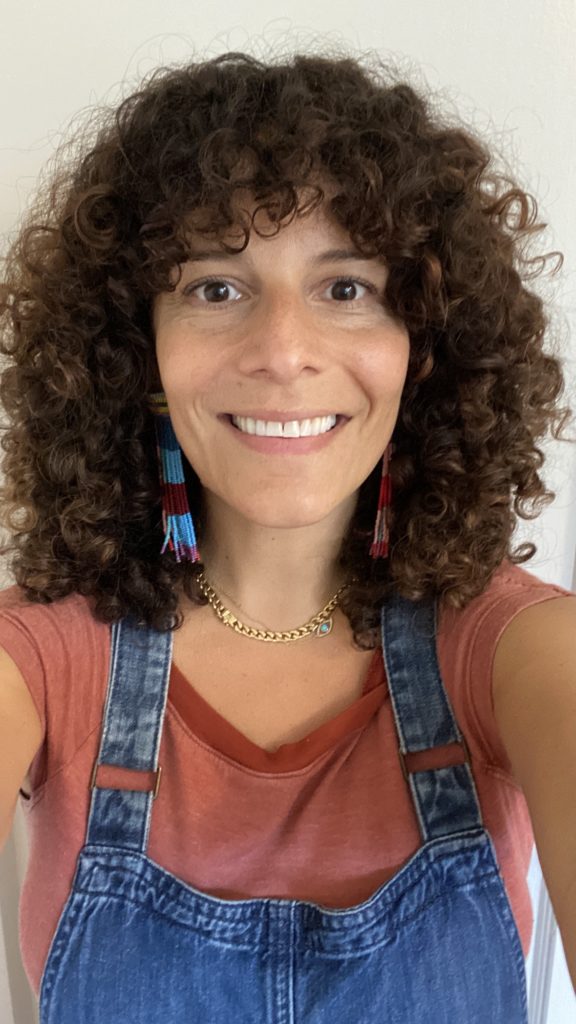
“My feeling is that diversity in someone’s resume is most important,” said Dana Siomkos, founder & CEO of You & Them, a boutique recruiting company. “If I ever talk to a candidate who’s been just on the agency side, and just at a specific type of agency, whether it’s digital or brand, I always encourage them to diversify.”
“Don’t do what I did,” added Daphne Sipos, principal recruiter at Shine Talent & Advisory.
She spent nearly 13 years at Starwood Hotels & Resorts Worldwide earlier in her career.
“The reality is, you really learn and grow most when you have the opportunity to move around,” she said. “Every company does things differently. You’re going to get better best practices as you move along.”
Frank McGehee, senior manager of product marketing operations and tech at Disney Streaming, suggests looking at horizontal moves, not just vertical ones. That allows you to build skillsets that apply across industries, such as learning Braze and Salesforce Marketing Cloud.
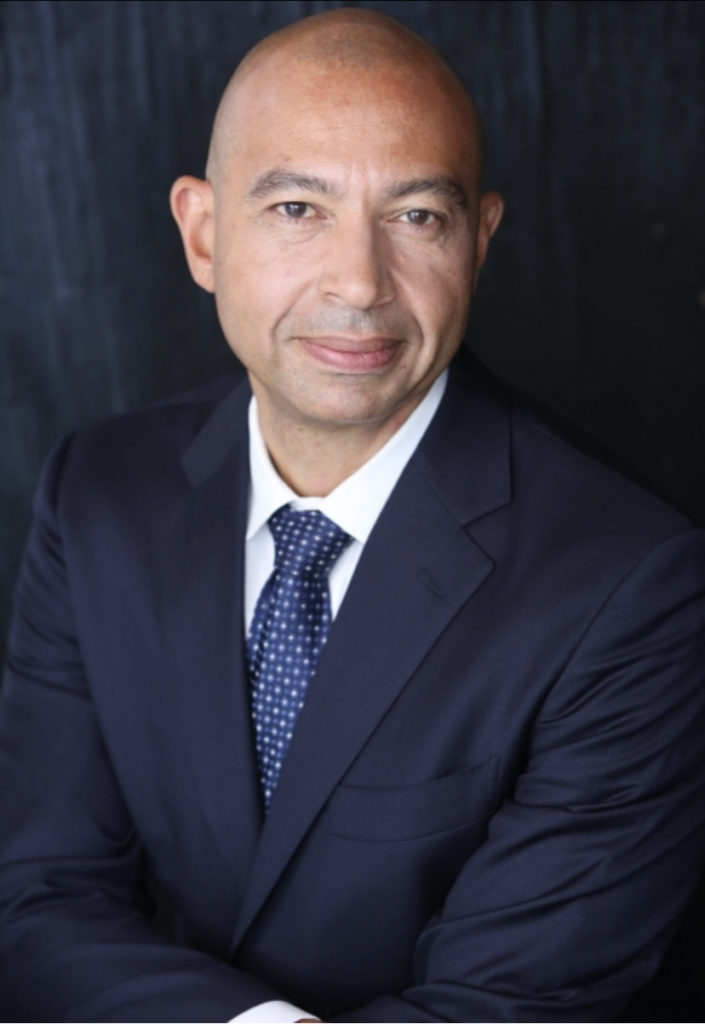
“That will make you more marketable. You’ll learn more. You can take your skills and go from a distribution platform to a streaming platform and then back again to a financial platform,” he said. “Have skills, will travel.”
However, Nathan Friedman, Co-President & Chief Marketing Officer at Understood, argues you can still get varied experience by staying at one company. “Don’t jump just to jump,” he advised.
Friedman explained he stayed at Ogilvy & Mather for 17 years because he had varied experiences that gave him different opportunities and kept propelling him forward.
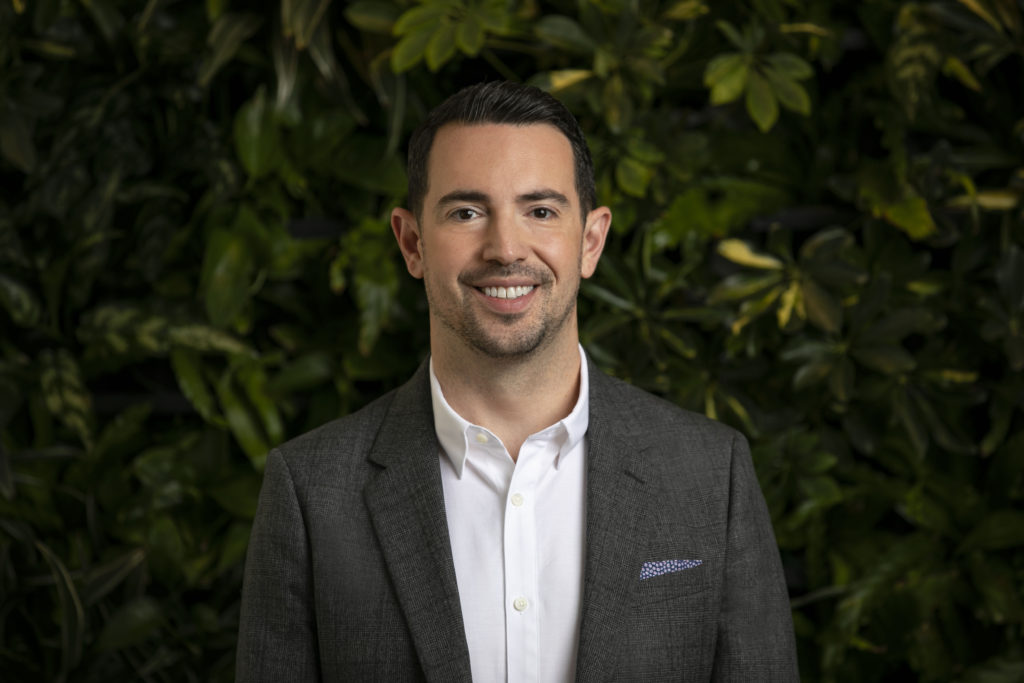
“I kept learning, I kept developing, and I kept delivering new and innovative things that kept me satisfied,” he said.
Friedman suggests raising your hand for new opportunities within your company, working to improve how you engage with colleagues, and maintaining a constant state of curiosity.
Don’t be afraid to go back into the office
“Full disclosure, my office is currently 100% remote so this isn’t a self-serving take,” Sarah Kissko Hersh, executive vice president of Percepture, a global marketing and PR agency, writes on her LinkedIn profile.
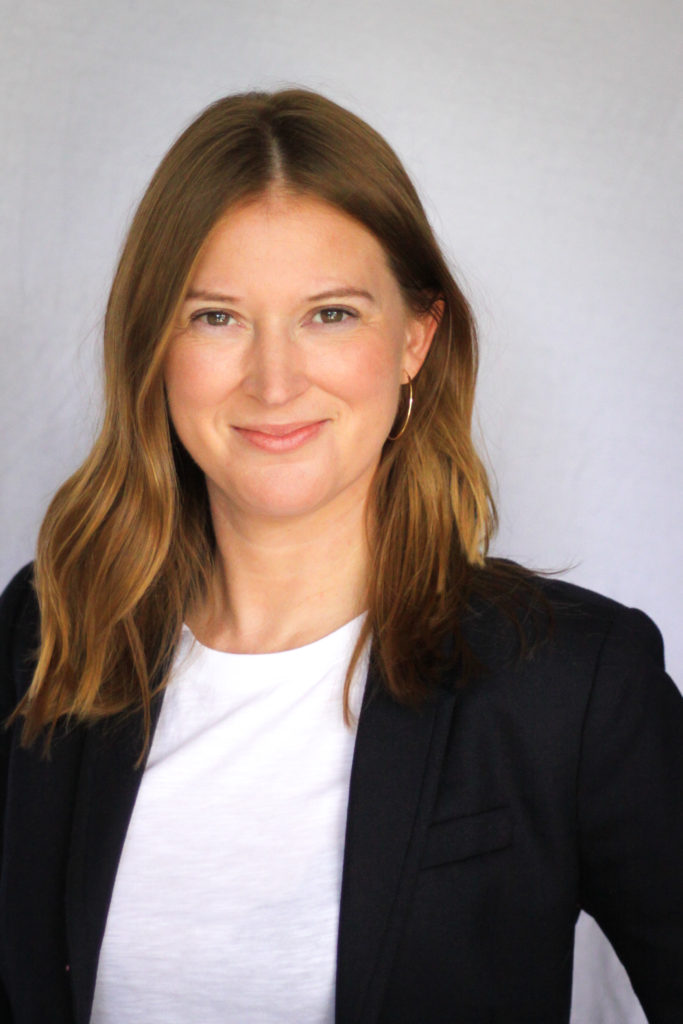
Kissko Hersh, who leads her agency’s travel & lifestyle practice, has a lot to say about the benefits of working in an office, especially for younger professionals who entered the workforce during the pandemic. Being in person offers key networking opportunities.
“If you have always worked remotely, why would you go into an office right now? You don’t know some of the benefits like career advancement, building an internal network, creating alliances, and just learning – learning by observing in a way that you really can’t when everything is on a prescribed scheduled phone call,” she said.
Sipos agrees about the importance of networking in person, saying, “I think people don’t realize what they’re missing by not being in a work environment. They’re missing the mentorship. They’re missing the casual debriefs…. If you’re just getting off and on Zooms, you’re missing that texture. You’re missing the context.”
“It’s very challenging to build interpersonal relationships when in and out of Zoom a few times with an individual,” adds Kirk Iwanowski, chief marketing officer of AI-based video management company AnyClip. “Of course you can do it, but nothing replaces the daily one-to-one interaction. They call it chemistry for a reason.”
Relationships are still #1 for your marketing career
All the experts agree that your network and relationships are the most important way to advance your marketing career.
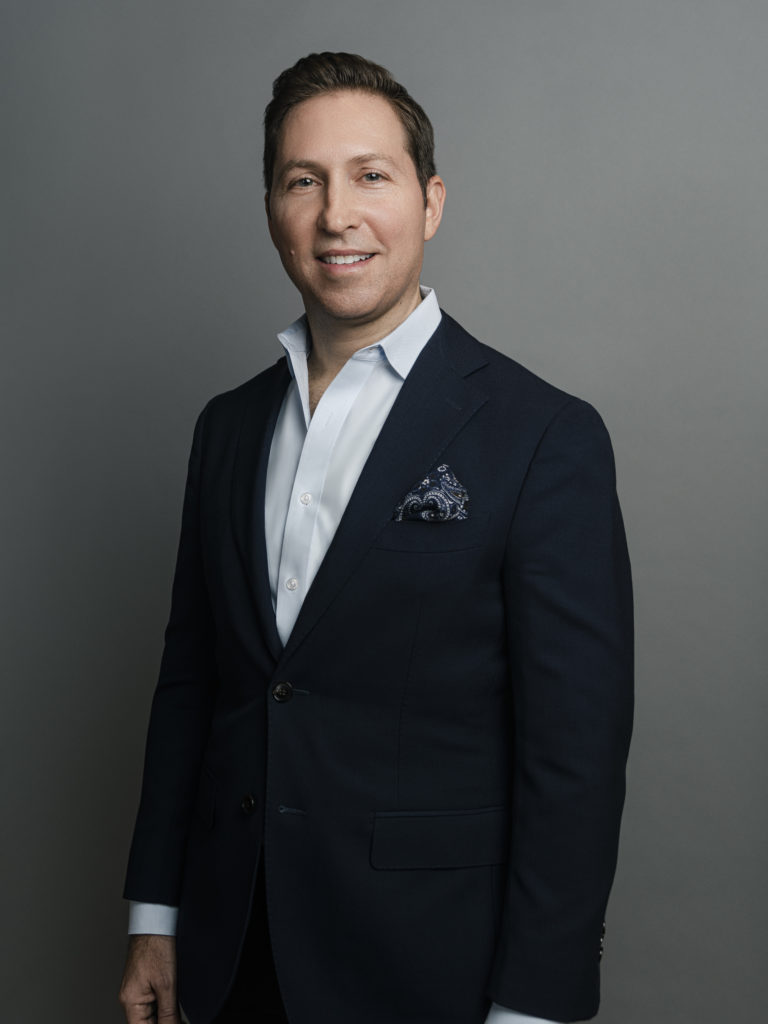
“I can name specific individuals at every place that I have worked that were part of the reason I was recruited,” said Iwanowski when talking about his employment history. He previously worked at EPIX and Sundance. “I had established meaningful relationships with individuals who went on to other things and drew me into them.”
Building your network can be done internally or externally, through face-to-face interactions or amid remote work, using LinkedIn or your Zoom or Microsoft Teams Chat. You can also join alumni groups, industry associations, formal mentoring organizations, or look at your friendship circle to expand your network and build relationships.
“I think a lot of people have anxiety around what they think networking means,” Kissko Hersh said. “Networking can simply mean staying in touch with people you used to work with, and making sure you’re not just reaching out when it’s their birthday, or when you need something from them. Find meaningful ways to stay in touch.”
She suggests targeting those who have a career trajectory that you emulate, or who work in an industry you’re interested in. She also suggests keeping in touch with former classmates.
McGehee agrees, noting, “Networking is so important. Networking is inclusive of joining organizations, alumni networks, and networking is also establishing relationships with who you work with or who you work for at your current company.”
You can also network to find a trusted recruiter, which Siomkos says can be important to get your resume to the top of the pile, or to learn about appropriate salaries for your level.
Embrace virtual networking
Tracey Gutierrez, account executive of linear and digital local media at TelevisaUnivision and a Leadership, Executive, Career and Professional Certified Coach (PCC), explains that there are many ways to network and build relationships in a virtual setting.

She suggests taking advantage of associations or mentorship programs available through your company that can offer networking opportunities. Sometimes they may be hidden on the internal portal, so search for the opportunities, or read the promotional emails that may hit your inbox. She said when she attends virtual events or workshops, she stays active in the chat so her name can be seen.
Gutierrez also keeps her camera on at larger, internal, cross departmental team meetings and looks up colleagues she doesn’t know on LinkedIn to connect with them there.
“It’s our way to get to know each other,” said Gutierrez. “We don’t really have an opportunity to chit chat while getting coffee or in the elevator. So I’m just introducing myself.”
Those in leadership positions can also create networking opportunities for their teams.
Friedman notes he managed a growing team of employees he never met during the height of the pandemic.
“We had to make time for coffee virtual chitchats,” he said. “At the top of meetings, we made time to share something about ourselves or something that was not work related so it wasn’t always ‘Let’s get on a square box, talk about work and get off.’ You have to find a way to build personal relationships and connections with people outside of that Zoom window.”
Optimize your LinkedIn profile for job searching
Sipos believes that your LinkedIn profile is more important than a resume.
“Think of LinkedIn as a search engine,” she advised. “In the world of recruiting you don’t want to have a skinny profile. You don’t want to have just titles and company names. You want to have all the buzzy keywords that I type in to find you.”
Gutierrez, who has experience using LinkedIn Recruiter, noted that the search engine favors those currently employed. But, if you have gaps in your resume or are currently out of work, there are ways around it.
“You can put a lot of descriptors in the job title area,” Gutierrez notes. For example, if you’re currently looking for a project manager position, you can write “Currently Seeking Project Manager Position” or “Project Manager (Position ended January 2022).”
“Even though you’re not there anymore, you would still show up on a search,” she said.
There are also companies on LinkedIn created so job seekers look employed, such as The Pregnancy Pause and Know Our Work. (These are ways to recognize the life circumstances that cause some people to leave the workforce temporarily, such as to raise children, and to acknowledge the many professional skills that they can develop while doing that work. Ask any parent about how they have honed their time management, organization and crisis management skills thanks to the constant demands on their schedules, for example.)
Thankfully, resume gaps have also become more accepted since the pandemic fostered public conversation around mental health wellness and broke down some of the traditional walls between home and work life.
Friedman believes breaks can even be good. He took one.
“It was time for me to pause and figure out what I wanted to do in the next chapter of my life,” he said. For him, that meant starting his own company to explore his interests and eventually moving from the agency side to Understood, an organization he felt passionately about.
Siomkos agrees. If someone has the luxury of taking a break between jobs, they can avoid repeating patterns and truly focus on the best steps forward in their marketing career.
“Think about what you truly want to do next. Think inwards. Grab a fresh journal and jot down everything you fantasize about professionally,” she said. “All transitional phases in life require thought.”
Get more insightful articles like this in your inbox by subscribing to our free newsletter.
